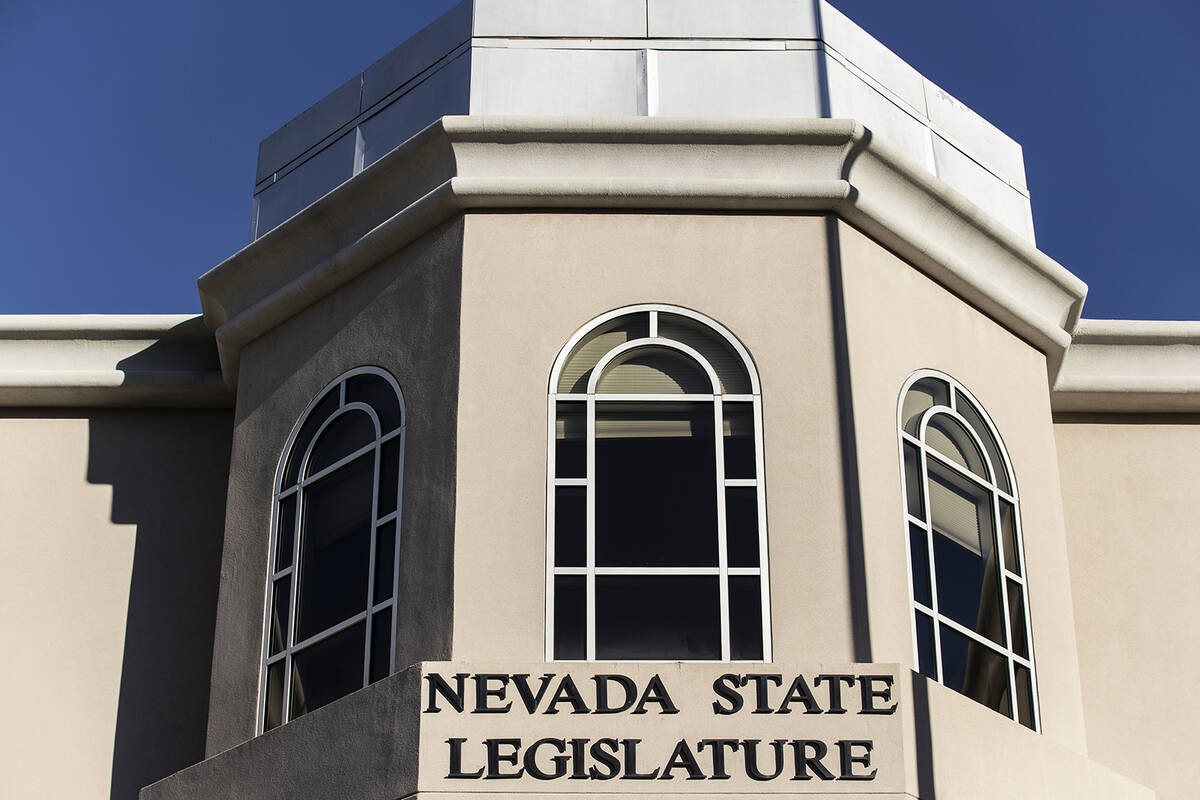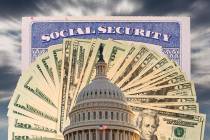EDITORIAL: Nevada lawmakers need an infusion of sunlight
Nevada lawmakers have been in the national spotlight in recent days over the stadium deal that would bring Major League Baseball to Las Vegas. That’s how it should be as they conduct the state’s business.
Unfortunately, the Legislature has for years exempted itself from various public records and open government statutes. This allows the body to avoid safeguards that apply to other public bodies and are intended to promote accountability and transparency, hallmarks of a healthy democracy.
This has political as well as practical implications and allows lawmakers to conceal instances of embarrassing or shady dealings and malfeasance. It’s a policy choice that must be reformed.
Consider a case involving state Sen. Dina Neal, D-North Las Vegas. Last month, the Review-Journal requested a copy of a state report on the lawmaker, who faces allegations that she steered $20,000 in federal grant money to a friend. The response from the Legislative Counsel Bureau, which provides legal advice to legislators? Pound sand.
An LCB letter explaining the decision notes that the Legislature, by law, is not considered a “government entity.” It notes the body has “absolute and paramount power” to do business behind closed doors. The lawyers even had the gall to claim that transparency could “chill speech and debate on the floor.” Who knew that allowing lawmakers to operate in the shadows promotes the First Amendment!
A similar wall was erected in 2017 around a state senator who faced charges of sexual harassment. A private law firm was hired to investigate the matter, but the report was deemed confidential by legislative attorneys. The subject of the probe eventually resigned, but the very people who paid for the investigation — state taxpayers — were never allowed to see it.
The push for secrecy has gotten worse over the years. In 2015, lawmakers in the waning hours of the session voted to ensure that they could conceal emails, calendars and other communications — items that must be made public by almost all other elected officials in Nevada.
“The public has an expectation that the legislators who are elected are doing that work in the public eye,” said Patrick File, a UNR media law professor who serves on the board of the Nevada Open Government Coalition. “And the more transparent that they can be, the better we’re all served by that.”
Nevada lawmakers must acknowledge that our democratic republic functions best when as much government business as possible is conducted in the sunlight. That entails expanding state statutes to ensure that open record and meeting laws encompass more of the Legislature’s business. Otherwise, when they point to the importance of government being responsive to the taxpayers who fund it, it’s nothing but empty rhetoric.






















